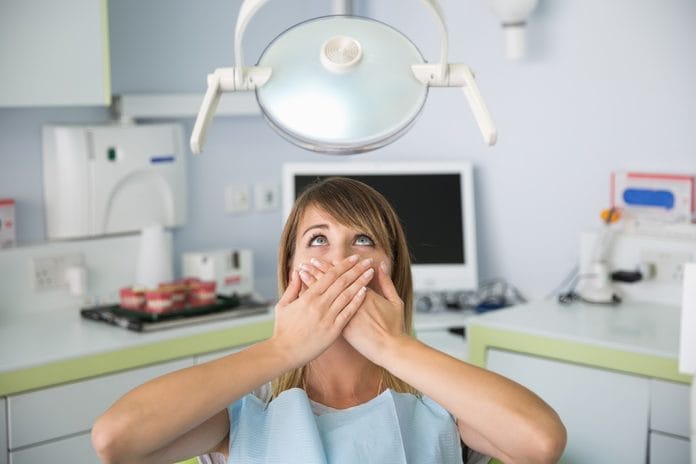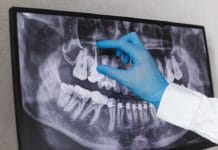Being a new hygienist, I find myself facing many challenges beyond clinical work. Acclimating myself to a new set of patients and moving to a different office system have been challenges of their own. While some patients are very open and accepting to having a new hire or a different hygienist provide treatment, some often shy away or get angry at the thought of it; especially if it’s a new graduate. It is no surprise, considering a majority of people don’t enjoy dental visits (although, I LOVED going to the dentist for as long as I can remember).
As a student, I had the shield of the college clinic to deter any disgruntled patients because they knew to expect a student clinician. As I entered real world hygiene, patients were confused when seeing a different hygienist than they were used to. At the beginning of the appointment, some patients questioned how long I had been working since I am a young, new face. Although the question may be rooted in genuine curiosity, it often worried me I was being tested or that they felt unsafe being with a new graduate.
My clinical skills were sharp and thorough, but staying on time was a challenge. Switching from a long clinic with one patient per day to eight to ten back to back patients a day was daunting. Adding a concerned or angry patient to the mix only doubled the stress. I felt like I was fighting more battles beyond providing hygiene treatment while trying to stay on time, and trying to fit the mold of a particular office including the mold of the previous clinician patients expected me to be.
An instructor of mine once told me that like, likes like. This meant that a quiet person likes quiet people and talkative people like talkative people. I think of this phrase daily when working with patients; I read their personality to the best of my ability and essentially mirror them. People gravitate towards others who are similar to them and therefore, this tactic should help new graduates and new hires to connect with their patients. I strive for my patients to feel comfortable with me because I know how intimate dental settings can be. It’s intimidating to show your mouth to a new person when you are so used to seeing the same hygienist for years. By using this tactic, I feel more connected to my patients and alleviate their stress of meeting a new hygienist. This approach has worked well for me and as I enter my 7th month working and continuing the bonding process through recall appointments.
Exhibiting confidence in your skills is another way I have found which tends to make patients more comfortable. This may seem like common sense, however, it’s worth mentioning. If you don’t appear confident in your ability to treat a patient, patients may sense this and not be confident in you. As a new hygienist, if you aren’t fully confident yet, with time, it will come.
If I could go back in time and tell my graduating hygiene class anything, I would stress the importance of incorporating people skills into their regimen. Dental hygiene is not only a tactile practice but a dance between personalities of those you work with and those you treat. Without the personal connection between clinician and patient, no true progress is made. For patients to really take hold of what they hear in the chair, they need to trust who it is coming from. This pairs with the need for continuing education courses to be able to communicate with patients the newest technology and methods for maintaining a healthy mouth. The overall message behind this is making sure to accommodate patients’ needs and alleviate their stresses so the best care can be given.
Before you leave, check out the Today’s RDH self-study CE courses. All courses are peer-reviewed and non-sponsored to focus solely on pure education. Click here now.
Listen to the Today’s RDH Dental Hygiene Podcast Below:










